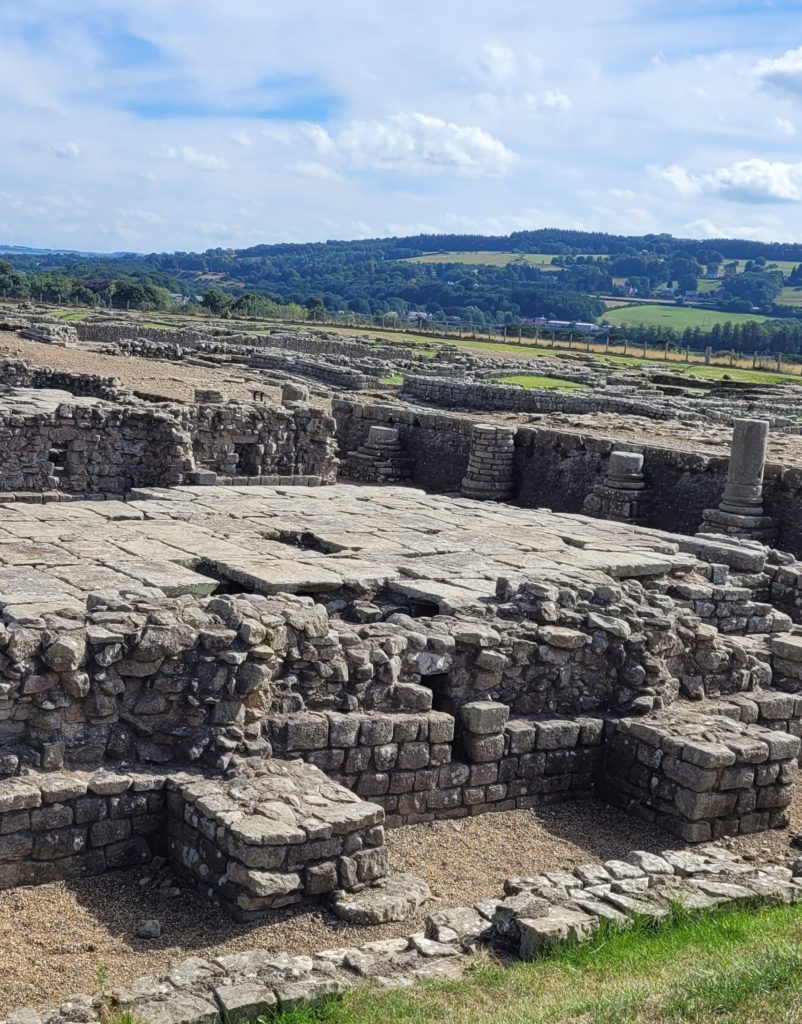An archaeologist knows that truth is discovered beneath what we see on the surface. So they dig beneath the surface, layer by layer. Sometimes we might see just a bare field. Yet it contains layers of history. The field must be dug, its treasures brought back to light. Sometimes a building may be on top of several layers of earlier buildings. Excavation must take place to bring the older layers to light. Sometimes a site is rubble. The rubble must be carefully cleared, taking care not to break treasures in the process.
These are normal and well understood ways of archaeology. From the many objects recovered, we interpret the material lives of past peoples.
We rarely seem to take the same trouble with the spirituality of those peoples. But the process required is not dissimilar.
That is how I see what I do as Athel John. I dig deep. I bring the more ancient layers of Christian spirituality to light. It’s a sort of spiritual archaeology. It is highly relevant to the history of the English, because the English only called themselves that once they had united as a nation around Christian Identity. It was then that they called themselves English.
It is also highly relevant to world history. Because, slowly but surely, that Christian spirituality which first shaped the English diversified through many peoples and down many generations. It went out into much of the world. It had a profound shaping effect beneath the surface of things.
So it is important, I think, to use spiritual archaeology as well as material archaeology. It brings to light how the English came to be. It might recover no artefacts, but it does recover the original Christian spirituality of the English. And I mean the original spirituality – not the easy-to-mock layer of late Medieval superstitions; but rather, the originating layer: which was, genuine Life in the Holy Spirit of the Christian God. It was that which shaped the English in their more ancient founding times. And it was that which diversified for longer run world shaping effect.
Now, a material archaeologist must have qualifications. Otherwise we might be presented with muddy fragments of pots but not get the story. Likewise, a spiritual archaeologist must have qualifications. Since the foundational layer of the English was Life in the Holy Spirit of the Christian God, a spiritual archaeologist of the English must have that same Life as well. Otherwise we might be presented with muddy fragments of religion and not get the story.
I have had many years of Life in the Holy Spirit. And I can tell you that, when you dig down carefully, muddy fragments of religion are not how it was in the founding times of the English. Amidst the darkness there was much that was light, wholesome, and timeless. The story is epic and – so I think anyway – uplifting.
